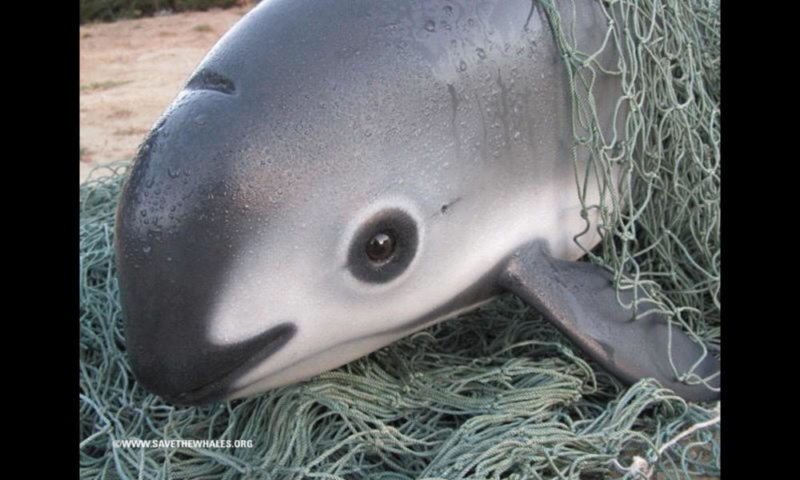Almost all Mexican shrimp and fish caught from the northern Gulf of California was barred from U.S. trade March 4, as NMFS invoked the Marine Mammal Protection Act in a bid to stop use of gillnets blamed for entangling endangered vaquita porpoises.
The porpoises’ population had already plunged from an estimated 560 animals in the 1990s to 30 surviving by 2017, when the Mexican government officials banned most gillnets in the area.
“Mexico has no choice but to eliminate the destructive fishing taking place in the northern Gulf of California that is driving the vaquita to extinction,” said Zak Smith, a senior attorney with the Natural Resources Defense Council. “It’s the only hope the vaquita has for survival, and it is required if Mexico wants to resume exporting these products to the United States.”
Conservation groups filed a lawsuit that in 2018 led to the U.S. Court of International Trade calling on the Trump administration to ban shrimp and certain finfish imports caught with gillnets in vaquita habitat. The expanded ban includes trawl-caught shrimp; curvina, sierra, and sardines caught with a purse seine net; sierra caught with hook-and-line; and almost all seafood caught with a gillnet, including anchovy, herrings, sardines, mackerels, croaker, and pilchard.
One of the smallest cetacean species, the blunt-nosed vaquita is less than 6 feet long at maturity. The species’ sharp decline was widely blamed on a fishery for totoaba, a fish native to the same Baja waters in high demand in Asia for the purported medicinal qualities of its swim bladder.
Mounting international pressure organized by conservation advocates pushed Mexico to limit gillnetting, but the rules were widely ignored, and spurred conflict between fishermen, scientists and environmental activists. In October 2019 the Sea Shepherd Conservation Society mounted a campaign in the region and documented up to 70 boats in one day illegally fishing in vaquita habitat.
But Mexico failed to enforce the ban. In October 2019, the Sea Shepherd Conservation Society documented around 70 small boats in a single day illegally setting gillnets in vaquita habitat.
The Mexican government said it will push both porpoise protections and economic support for fishermen: “The Government of Mexico has the political will and institutional capabilities to ensure the area's comprehensive, sustainable development, and to offer productive alternatives to Mexican fishermen, protecting the totoaba and marine vaquita.”
The Mexican government is also under pressure from the United Nations Educational, Scientific and Cultural Organization, which in 2019 called for taking more steps to protect the porpoises and their habitat, designed as a UNESCO World Heritage site.
When it meets in October 2020, a committee of the Convention on International Trade in Endangered Species of Wild Fauna and Flora (CITES) will consider trade sanctions against Mexico for failing to stop illegal exports of gillnet-caught fish protected by CITES.







